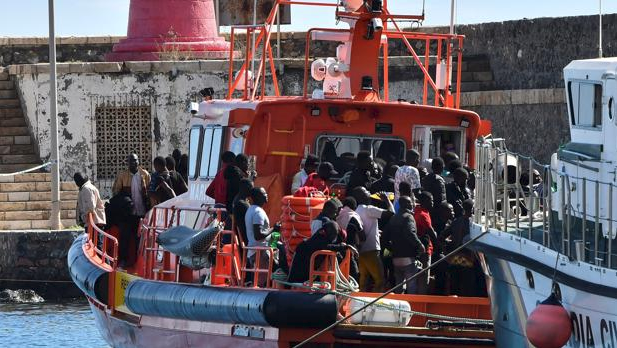
Limitations of EU migration policies
On 25 February, questioned by the German parliament through a minor interpellation, the German federal government had to confirm the several difficulties in working with Libyan coastguard. In particular the Federal Foreign Office admitted the presence of “difficulties in the availability electronically and by telephone” of the Libyan coastguard. They also spoke about “language barriers” that would complicate the situation. The parliamentary interpellation was led by the left-wing deputy Andrej Hunko who denounced that “the Libyan units continue to carry out unprofessional, brutal and often fatal missions. That is why cooperation with these troops must be put to a stop”. This admission comes the same day in which the newspaper “Politico” revealed a reserved document of the European External Action Service (EEAS) evaluating the Sophia mission results. The report admitted that Sophia’s success has been limited by its own mandate and the fact that it is underfunded, understaffed and underequipped. Moreover, reportedly the EEAS’ confidential document showed that “a number of its policies have made the sea crossing more dangerous for migrants” noticing also that some members of the Libyan coast guard that the EU funds, equips and trains are collaborating with smuggling networks.
- The Euromed news are edited by the team of the Euro-Mediterranean Policies Department of the European Institute of the Mediterranean -


